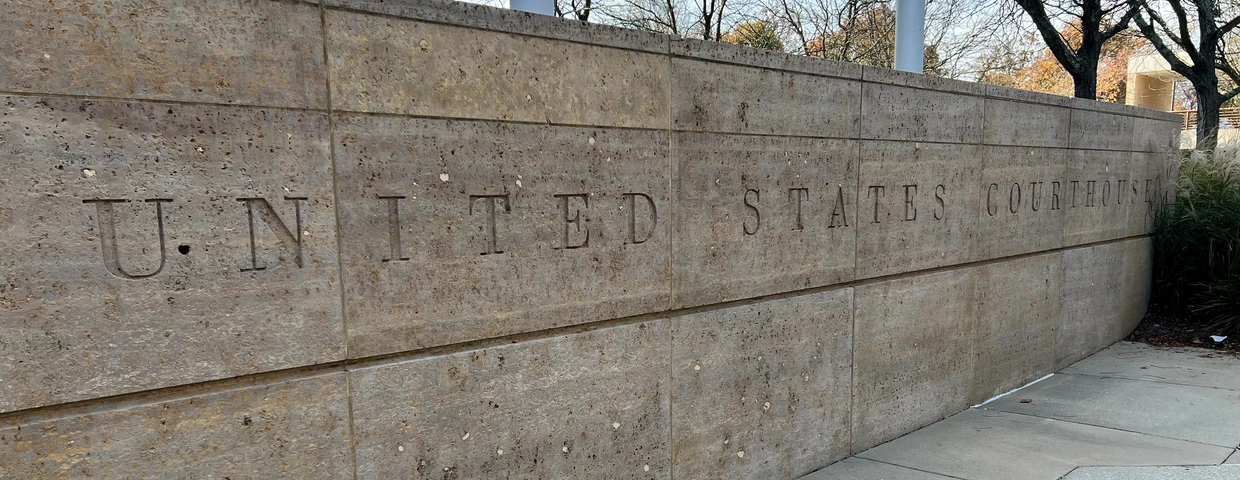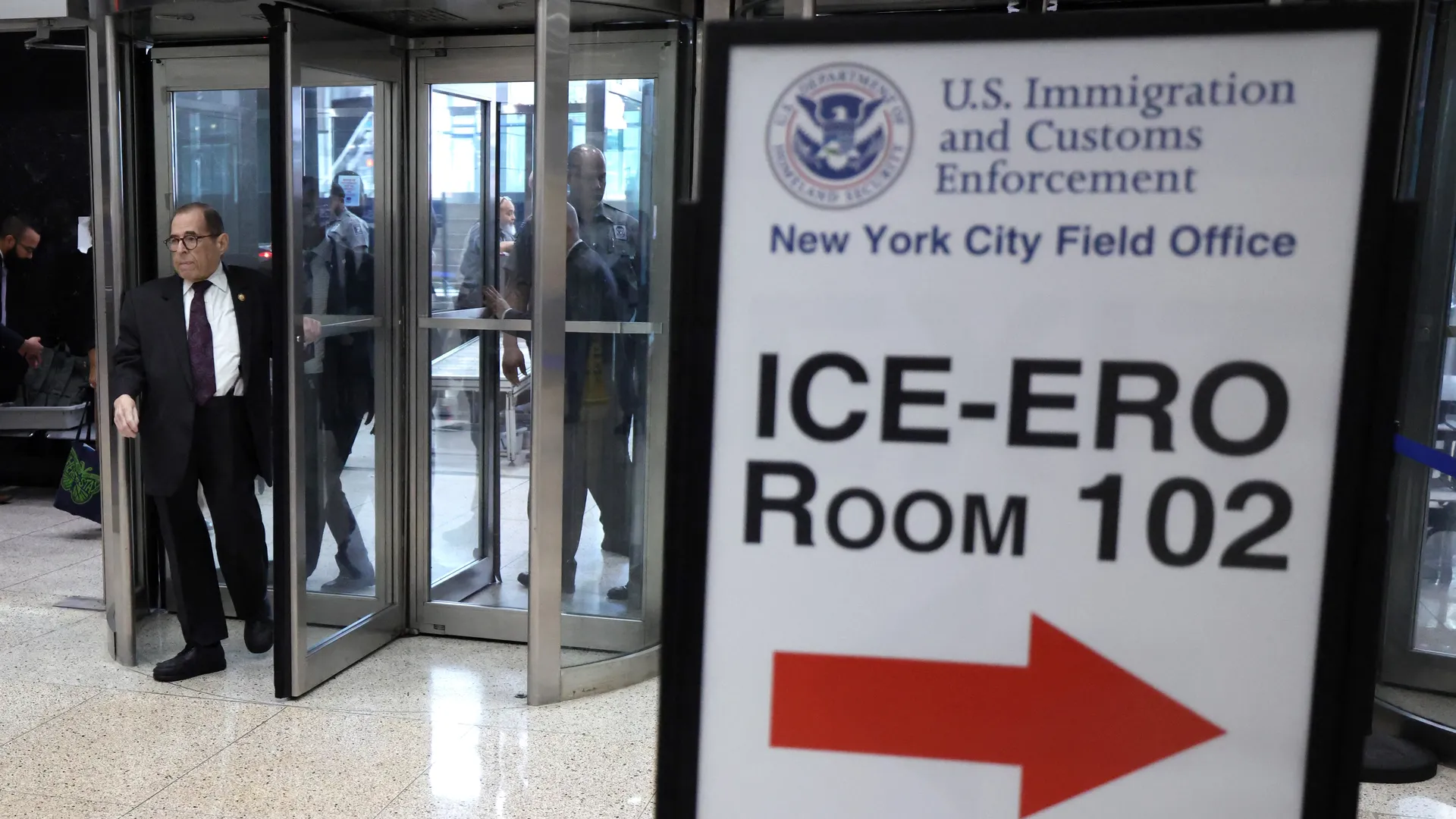In a harrowing revelation that underscores the brutality of U.S. immigration policies, Kilmar Armando Abrego Garcia, a Maryland man, was subjected to horrific conditions in El Salvador"s notorious Terrorism Confinement Center, or CECOT. Documents filed in Federal District Court in Maryland reveal the gruesome details of his nearly three-month ordeal, including physical abuse, sleep deprivation, and psychological torture. The case raises critical questions about the treatment of deportees and the complicity of U.S. authorities in human rights violations.
Abrego Garcia’s Nightmare Begins
On March 15, 2025, Kilmar Abrego Garcia was deported back to El Salvador, a country he fled to escape violence and instability. Upon arrival at CECOT, he was met with a chilling welcome: "Welcome to CECOT. Whoever enters here doesn’t leave." This ominous greeting was just the beginning of a nightmare that would see him stripped of his dignity and humanity.
Physical and Psychological Torture
According to court papers, Mr. Abrego Garcia was forced to kneel overnight in a cell with other deported men, enduring beatings from guards who struck anyone who dared to fall asleep. This form of psychological abuse was compounded by a lack of basic necessities—he was denied bathroom access, leading to humiliation and further degradation. His lawyers detailed that he was confined to a metal bunk with no mattress in an overcrowded cell devoid of windows and constantly illuminated by harsh, blinding lights.
The Systematic Nature of Abuse
As reported by the New York Times, Abrego Garcia"s experience aligns with documented accounts of severe human rights abuses at CECOT. His treatment raises alarming questions about the systematic nature of torture in El Salvador’s prisons, particularly under the administration of President Nayib Bukele, whose controversial policies have been widely criticized for fostering a climate of repression.
Disparities in Treatment for Deportees
Interestingly, while Mr. Abrego Garcia and 20 other Salvadoran men faced these brutal conditions, over 200 Venezuelans deported on the same flights were placed in separate cell blocks, suggesting a troubling disparity in treatment. This raises immediate concerns about how individuals from different backgrounds are treated differently under the same immigration policies, reflecting systemic biases that privilege certain groups over others.
\n\n
Maryland"s Federal Court Becomes Magnet for Trump Challenges (1)
The Role of U.S. Authorities
The U.S. government"s role in this tragic saga cannot be ignored. By deporting individuals like Abrego Garcia to a country with a known history of torture and inhumane treatment, authorities are complicit in the violence that follows. The deportation of individuals to such conditions is a direct violation of human rights and showcases a failure of the U.S. immigration system to protect its most vulnerable populations.
Implications for Immigration Policy
This case is not just an isolated incident but a reflection of a broader, systemic issue plaguing U.S. immigration policy. As documented in the 2023 Country Reports on Human Rights Practices, El Salvador has been criticized for its treatment of detainees, and the U.S. must recognize its obligations to uphold human rights, even beyond its borders. The deportation of individuals to certain harm violates both international and domestic law, and it is time for progressive voices to demand accountability and reform.
Human Rights as a Central Issue
Kilmar Abrego Garcia"s plight serves as a stark reminder of the urgent need for reform in immigration policies that prioritize human rights and dignity. As activists and advocates continue to push for justice, this case could become a pivotal moment in the fight for a more humane immigration system. The implications of this case extend beyond the individual, touching on the fundamental values of justice, equity, and compassion that should guide our approach to immigration reform.

ICE enacts new policy on congressional visits to facilities

![[Video] Federal officers deploy sting balls and flash grenades at Whipple Building](/_next/image?url=%2Fapi%2Fimage%2Fthumbnails%2Fthumbnail-1768340555229-vhfcc-thumbnail.jpg&w=3840&q=75)
![[Video] Crowd-control weapons used in Minneapolis as anti-ICE protesters attack police vehicle](/_next/image?url=%2Fapi%2Fimage%2Fthumbnails%2Fthumbnail-1768336302231-akxf7s-thumbnail.jpg&w=3840&q=75)

![[Video] Protests erupt in Minneapolis after ICE detains teenager, multiple arrests made](/_next/image?url=%2Fapi%2Fimage%2Fthumbnails%2Fthumbnail-1768331835371-z9ylqg-thumbnail.jpg&w=3840&q=75)


![[Video] Gunfire between Iraqi security forces and Sadr militias in Baghdad](/_next/image?url=%2Fapi%2Fimage%2Fthumbnails%2Fthumbnail-1768343508874-4redb-thumbnail.jpg&w=3840&q=75)
